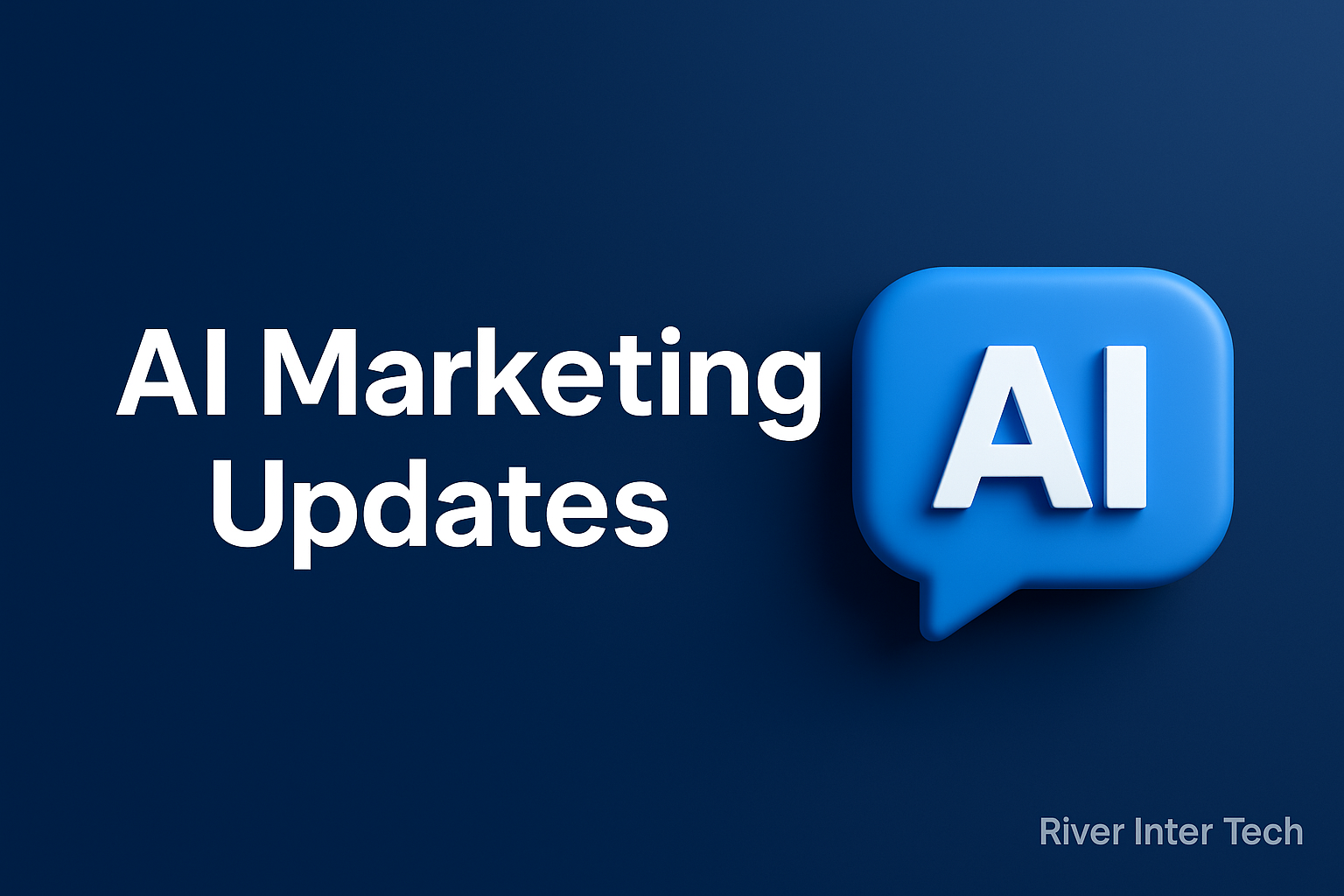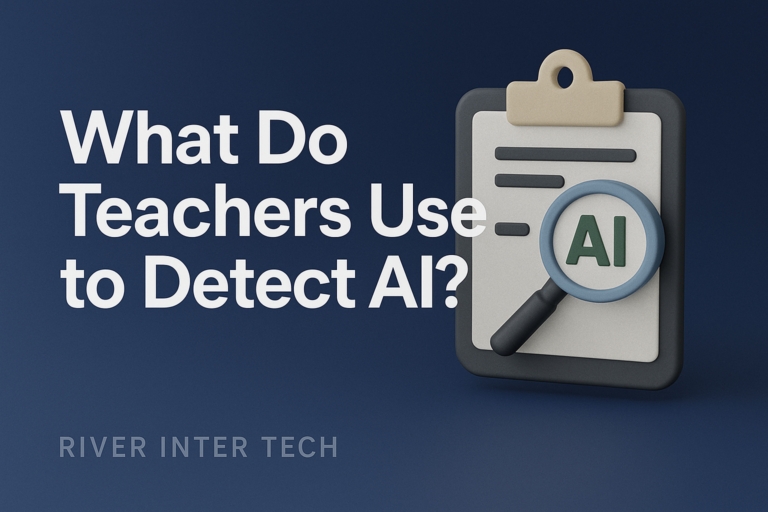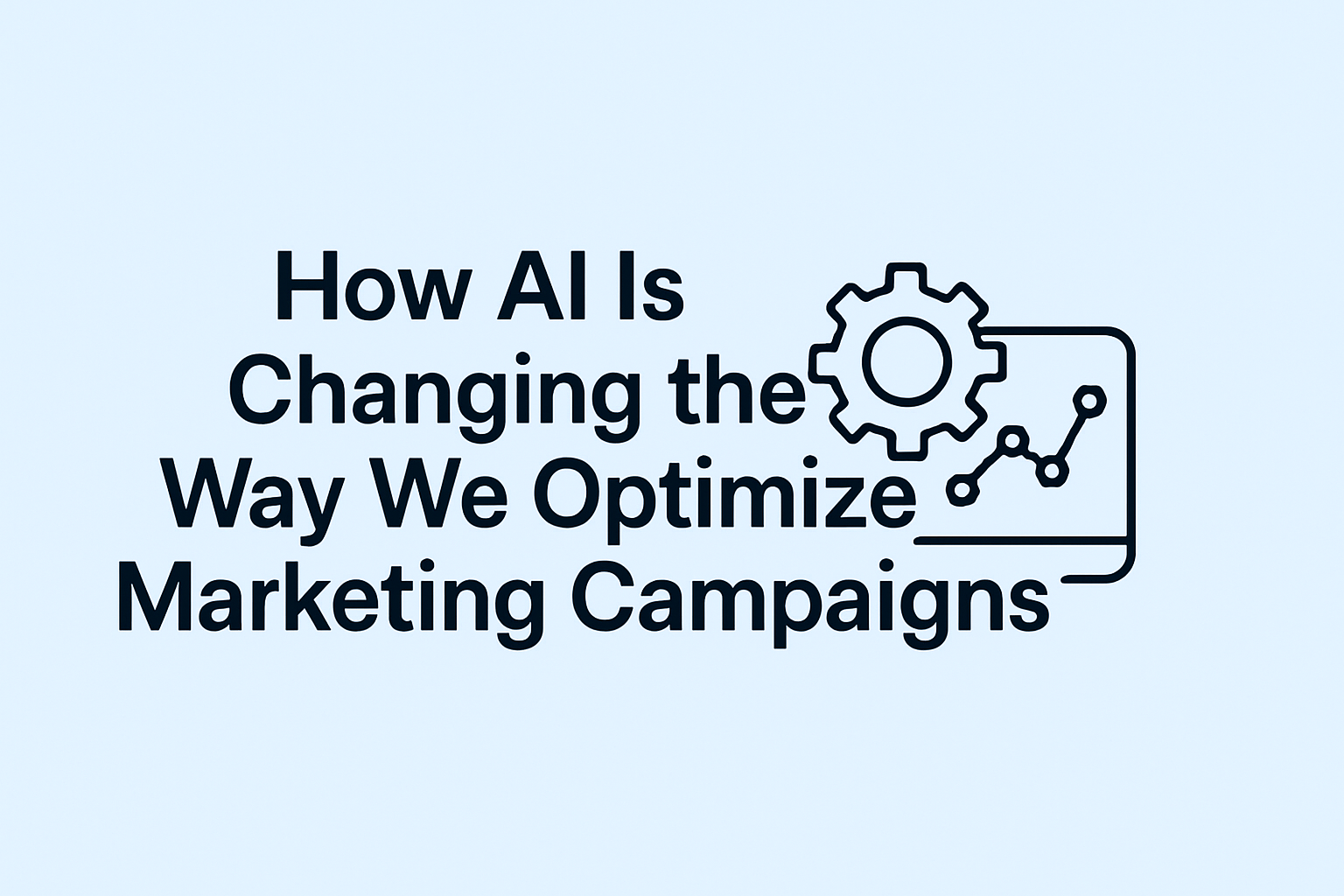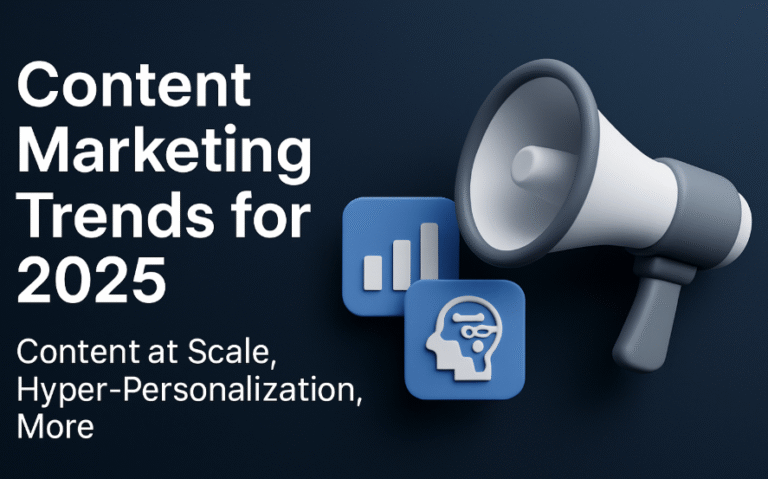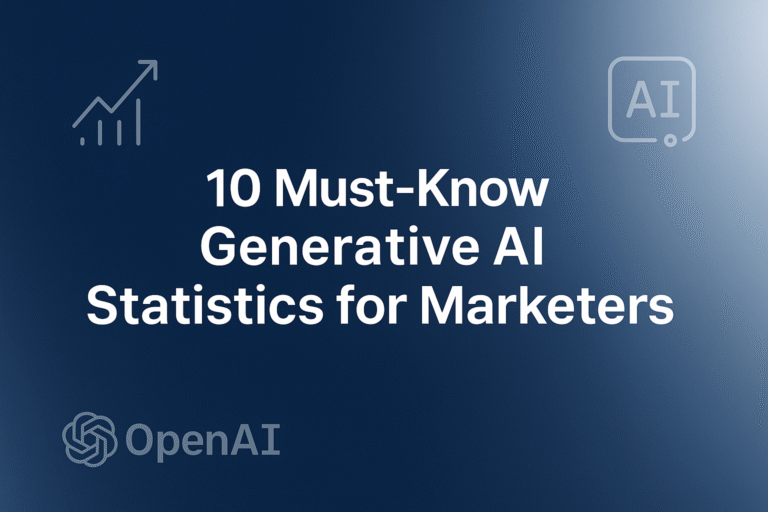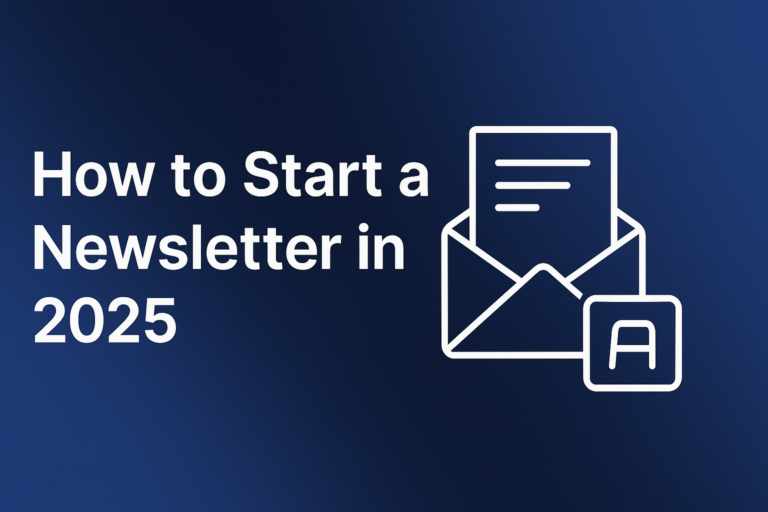AI Marketing Updates for May 2025: Growth, Adoption, and Future Trends
Did you know AI-driven marketing is set to power over $107 billion in global ad spend this year? If you feel like AI tools, updates, and trends are coming at you faster than ever, you’re not alone. With budgets rising, C-suites asking about ROI, and competitors moving fast, it’s never been more important to cut through the hype and know what’s working now. These AI marketing updates for May 2025 provide insights into the current landscape.
Let’s break down the latest AI marketing stats and trends for May 2025. You’ll see how AI is shaping strategies, boosting results, and where it’s all heading next.
Why AI Is a Big Deal in Marketing Right Now
AI isn’t just a buzzword. Over 75% of marketers now say AI is critical to their plans for 2025. Top leaders like Salesforce, Statista, and Gartner back this up.
AI is driving content creation, sharper personalization, and smarter campaign management. Even more, 62% of CMOs plan to boost their AI budgets this year alone. It’s clear: AI is changing how brands connect with people, making marketing faster and often more creative. The insights also reflect some AI content creation trends March 2025.
AI Marketing Growth: Staggering Numbers in 2025
The money flowing into AI marketing is huge and growing fast. The industry will hit $47.3 billion in 2025, jumping from only $12 billion just five years ago.
According to Statista, global AI marketing revenue is set to triple by 2028, reaching over $107 billion. That’s a compound annual growth rate (CAGR) above 36%. If you zoom in on generative AI, it’s now worth $62.75 billion, set to race past $350 billion by 2030, growing even faster.
This isn’t just more tools; it’s a full shift in how campaigns run. Leading brands are all-in. McKinsey reports that 91% of industry leaders already run AI-powered campaigns.
Meta found that AI ad targeting can raise your return on ad spend (ROAS) by 32%. One Redditor even said, “Our ad spend efficiency improved by 40% after layering AI-driven analytics.”
AI Marketing Adoption in 2025: Who’s Using It and How?
AI isn’t only for tech giants. Today, 88% of digital marketers use AI for daily tasks, from content writing to analytics.
One Salesforce study found that 87% of enterprise marketing teams now use at least one AI tool. Small and midsize businesses (SMBs) aren’t far behind—their adoption jumped 45% in the last year, according to HubSpot.
Why are so many teams jumping in? Personalization is the big draw. 70% of marketers say AI helps them deliver tailor-made content and offers. Some even see real, fast impact. One marketer shared on Quora: “After we automated subject line optimization, open rates climbed 27%.”
But it’s not all smooth. Many marketers don’t get enough training. A whopping 70% say their employer doesn’t teach them how to use generative AI safely.
And 43% admit they struggle to unlock AI’s full value. This gap is real—so getting training and sharing best practices has never mattered more.
Key Benefits: How AI Is Making Marketers’ Lives Easier
Let’s get practical. Marketers using AI say they save serious time and boost results. Recent SurveyMonkey data shows:
- 93% use AI to create content faster (think blog posts, emails, or ad copy).
- 81% turn to AI for data insights and analysis.
- 90% rely on AI for quicker, smarter decisions.
This matters. The average marketer saves over four hours a week by handing off repetitive work to AI (Adobe). Content powered by AI lifts engagement 22%, says Content Marketing Institute.
And 77% see a better return on investment (ROI) after using AI analytics (Deloitte).
Still, the secret isn’t just using AI. One Reddit user gives this tip: “Use AI for micro-segmentation, then layer in human creative review for highest impact.” In other words, let AI do the heavy lifting, but keep your creative spark. These AI content creation trends March 2025 demonstrate this balance.
Predictions: Where AI Marketing Is Heading Next
If you think AI is big now, get ready for more. Gartner predicts that by 2027, over half of marketers expect AI to handle full campaign management—from strategy to creative tweaks.
By 2027, 42% of routine content workflows could be automated. But it’s not just automation. Forrester says AI-powered video and voice tools will soon shape how brands tell stories, making content personal and dynamic.
Experts like Dr. T. Leung believe that while AI will be everywhere, top brands will stand out with their creativity and ethics. AI levels the playing field, but it’s what you do on top that wins.
Big companies aren’t just watching—they’re investing. Nearly 90% of Fortune 1000 firms are increasing AI budgets. McKinsey says up to 30% of work hours might be automated by 2030.
But not all is rosy. 49% of businesses using AI worry about privacy and data ethics, and 43% worry about AI’s content bias. Staying future-ready means staying careful.
General AI Usage: Beyond Just Marketing
AI is reshaping more than ads or emails. 85% of executives believe AI gives them a long-term edge, says Think with Google.
Customer service is the most common use—56% of businesses have adopted AI chatbots or automations for 24/7 support, dropping costs by up to 35%. AI is moving fast into analytics, compliance, and fraud detection.
By 2027, 42% of all business processes—from supply chain to HR—could be automated with AI. That’s upskilling everyone, not just marketers. CEOs from many industries now see AI as key to both efficiency and staff development.
FAQs on AI Marketing in 2025
How big is the AI marketing industry in 2025?
The global AI marketing industry is set to reach $107 billion in 2025. This covers spend on AI tools, automation, and content solutions.
What’s the ROI boost from using AI in marketing?
Most marketers see a 22–32% improvement in campaign ROI after using AI tools, especially for analytics and personalization.
What’s the top AI use case for marketers?
Personalization takes the lead—70% of marketers say AI helps tailor offers and messages to individuals.
Is AI automating most marketing tasks by 2025?
AI is handling a lot—analytics, ad targeting, and regular content. Still, about half of marketers expect end-to-end campaign management by 2027.
Could AI take marketing jobs?
Most marketers (63%) say AI helps them work smarter and focus on strategy, not just cuts jobs. Upskilling and creativity are still essential.
What’s the biggest challenge with AI in marketing?
Integrating new AI platforms with old systems and measuring their true ROI keep marketers on their toes. Peer reviews and community forums like Reddit are full of stories and tips for making this work.
How should you start with AI marketing tools?
Pick one high-impact, low-risk tool—like subject line testing, AI-powered chatbots, or analytics. Then learn, adapt, and expand.
Conclusion: Act Now or Get Left Behind
AI is not slowing down. Ninety-two percent of high-performing marketing teams will raise their AI budgets this year. Brands that wait risk losing relevance as digital-first customers expect speed, personalization, and smart interactions.

